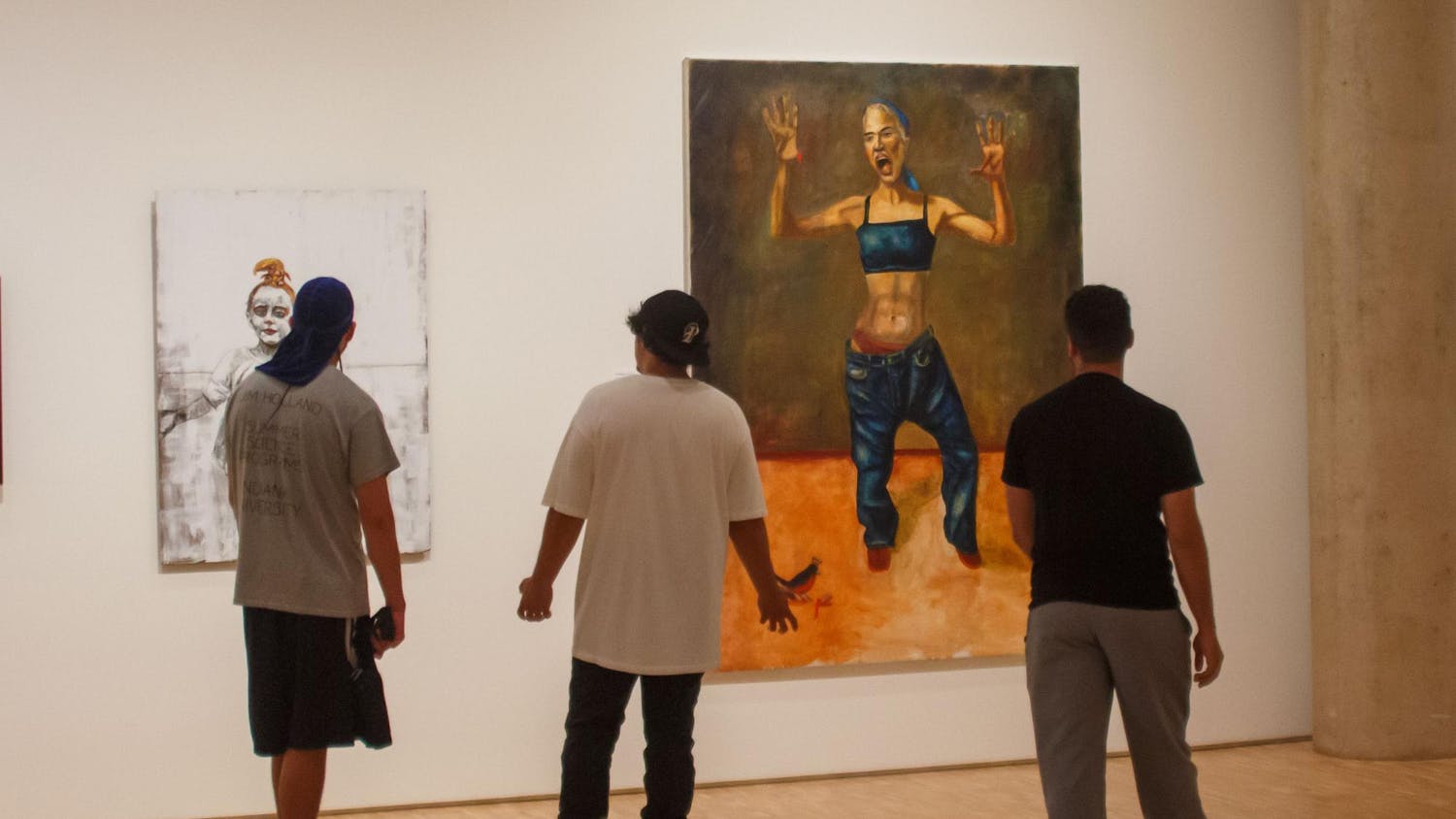The music industry worried about copyright decades before iPads and Napster.
The history of copyright and its effect on the music industry was discussed Wednesday afternoon at the Jacobs School of Music.
Jocelyn Neal, a professor of music and adjunct professor of American studies at the University of North Carolina at Chapel Hill, presented “Who Owns That Song? Copyright Law and the Emergence of the Popular Music Recording Industry.”
This was the second presentation Neal gave this week as part of her visit to Jacobs as the year’s first guest in the Five Friends Master Class Series.
On Monday, she gave a public lecture about country music entitled “More Than Just a Country Song: Socioeconomic Lessons with a Twang.”
During Wednesday’s discussion, Neal spoke about the music copyright history and individuals who had a big effect on the subject.
Neal focused on Ralph Peer, a music talent scout and record producer who worked with legendary acts like Jimmie Rodgers and the Carter Family early in their careers and helped launch the genre of country music.
“Most of the songs sung by Jimmie Rodgers and the Carter Family were not composed by them,” Neal said.
She also played music clips for audience members and spoke at length about the copyright history of particular songs, including “In The Jailhouse Now.”
“As a scholar, you run into these questions all the time, and as a researcher, I was looking for early versions of these songs that I was writing about,” she said. “One of the sources you can use are copyright records to find out what was written by whom and when.”
The majority of Neal’s presentation focused on the era before 1978, as she said that is her main area of interest.
“I’m really interested in how this worked before sound recording became part of the dialogue,” she said.
In regard to the current music industry, Neal said many current country stars are being forced by record labels to sit down with songwriters and co-write songs together.
“Record labels want a cut of publishing money,” she said.
At the end of her presentation, Neal answered several questions from audience members.
“Copyright was immeasurably important in what songs got recorded how and when, which has shaped our memory of the musical history of popular music,” she said.
Follow reporter Rachel Osman on Twitter @rachosman.
IU professor discusses copyright
Get stories like this in your inbox
Subscribe


